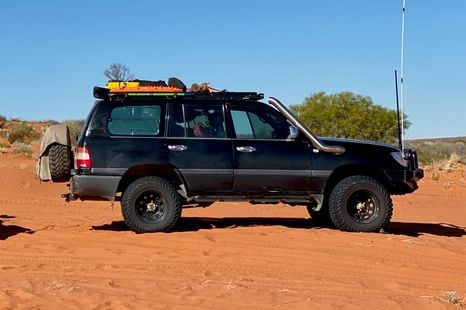

Ben Zachariah
Police issue warning against popular 4x4 accessory
19 Minutes Ago
Another Australian state or territory pitches Europe and US-style EV subsidies to drive zero-tailpipe-emission car growth. Here's a list of active policies.

Senior Contributor
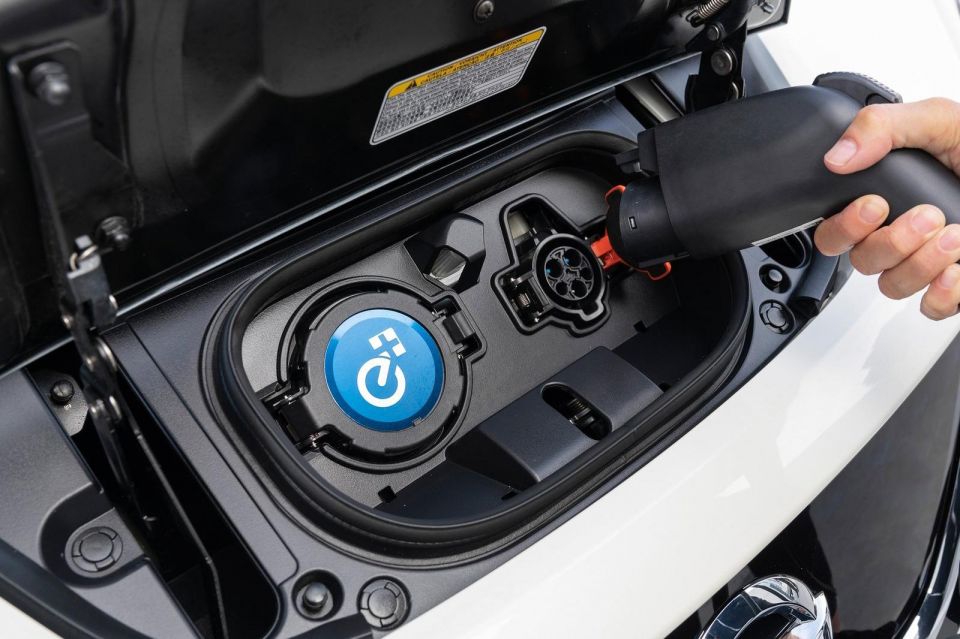

Senior Contributor
The South Australia government announced today a plan to pay $3000 subsidies to 6000 people who buy a new electric vehicle in the state.
In so doing the SA government joins New South Wales, Victoria, the ACT, and Northern Territory in recently lobbing financial incentives on EVs, while Queensland is currently finalising its new Zero Emission Vehicle Strategy.
This is in the wider context of a federal government that presently doesn’t offer rebates, tax breaks, or rolling CO2 targets that encourage brands to send supply-constrained EVs here rather than elsewhere – a position criticised by the car lobby.
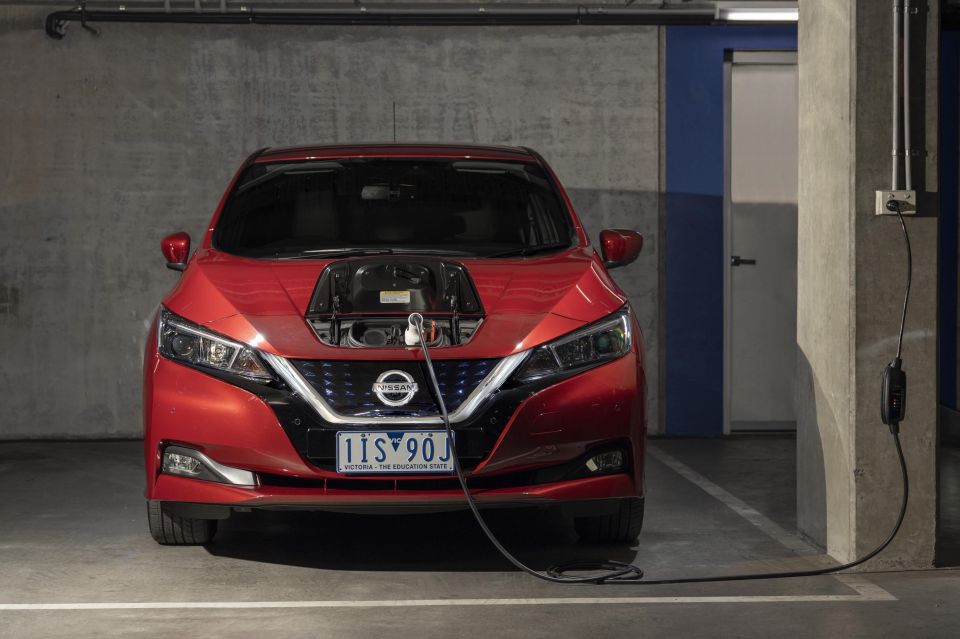
MORE: Australia needs national EV policies, not piecemeal state ones
The proposed subsidy is subject to the state government’s Motor Vehicles (Electric Vehicle Levy) Amendment Bill 2021 making it through Parliament, which is not a fait accompli by any means – by its own admission.
This bill, to be tabled in parliament Thursday, also kicks the proverbial can down the road when it comes to a proposed EV road-user charge of between 2 and 2.5 cents per kilometre.
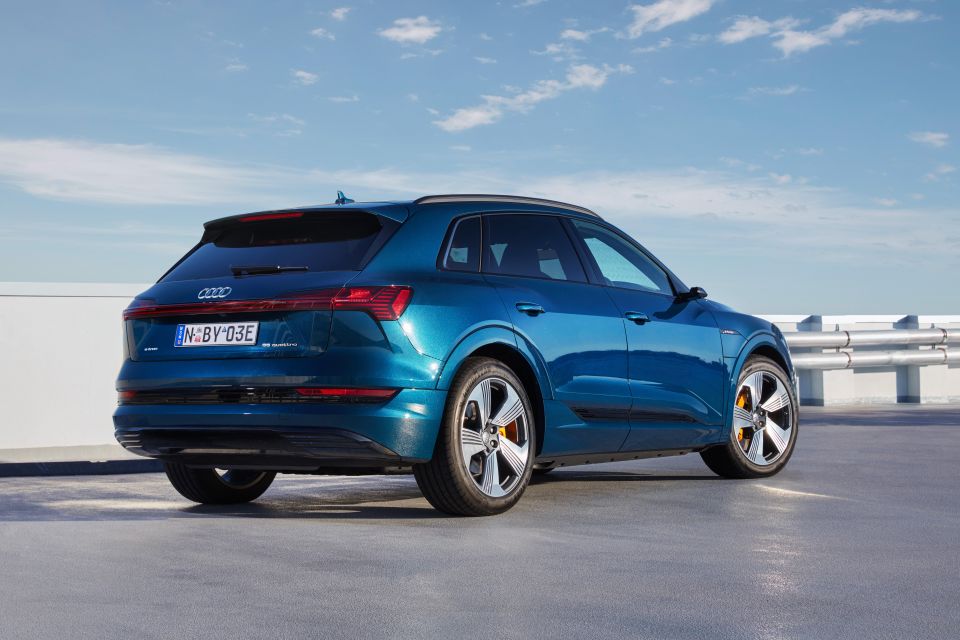
The planned introduction of EV mileage taxes paid to make up for no fuel excise has now been pushed back to July 2027, or to a point in time when EV sales reach 30 per cent market share.
The SA government received steep criticism before making this call. The NSW government also delayed the introduction of its road-user charge, whereas Victoria did not – its tax passed parliament in May.
SA Treasurer Rob Lucas said this new subsidy package would bring the total level of state government support for EVs currently on the table to $36m.
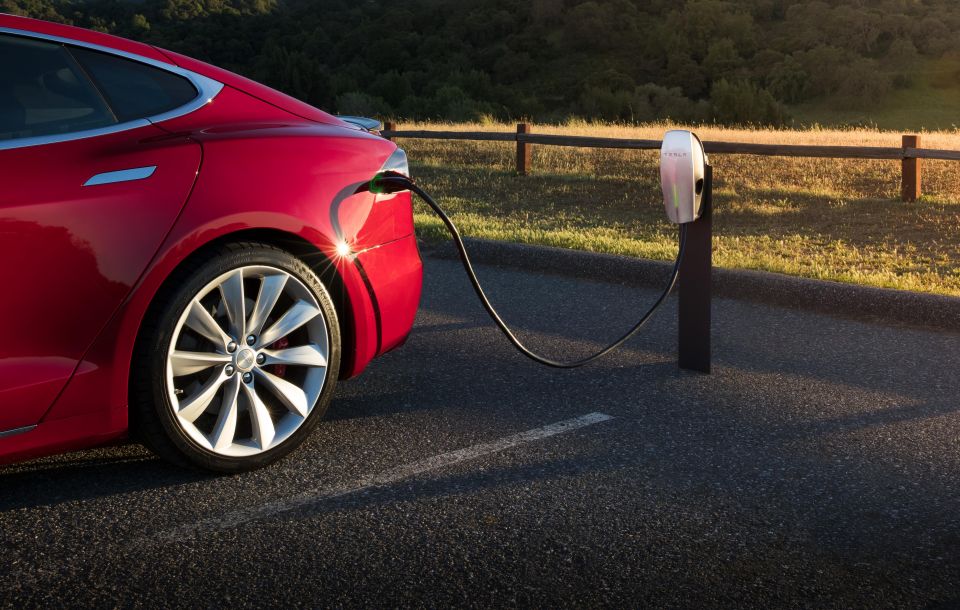
SA Treasurer Rob Lucas said this new subsidy package would bring the total level of state government support for EVs currently on the table to to $36m.
“We are committed to investing to help drive the take-up of environmentally friendly zero and low emission vehicles while ensuring there is a long-term sustainable model for critical road funding,” Mr Lucas said.
“Our proposed new $3000 State Government-funded subsidies for new full electric vehicles are expected to provide a further incentive for those motorists who may be considering a purchase of this type.
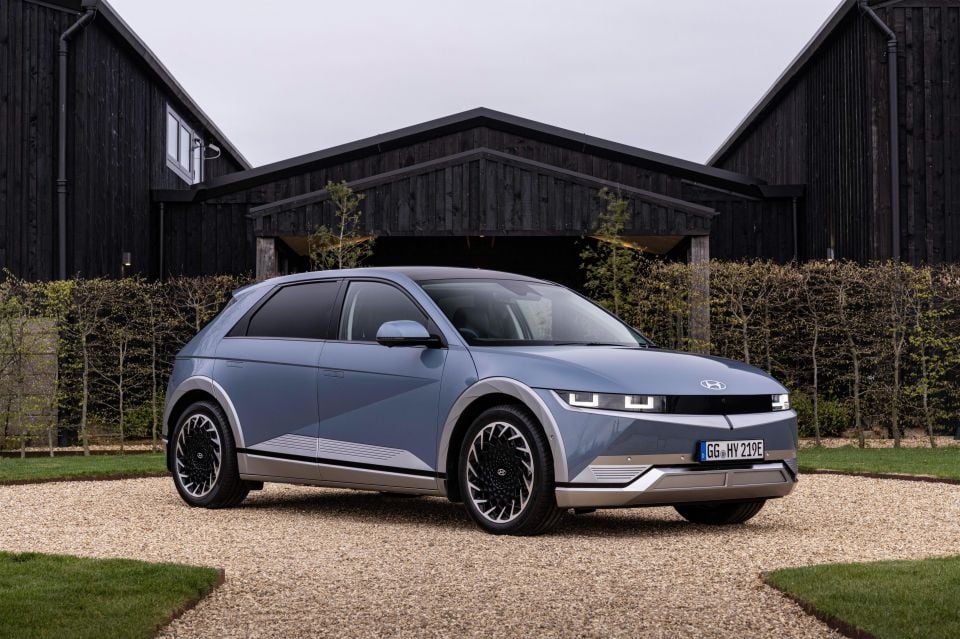
“The subsidies, which are consistent in value to those offered in Victoria, are contingent on the Bill passing the Parliament and would be introduced at that time. While we accept that looks unlikely at this stage, we remain hopeful.
“We have consulted widely with industry, manufacturers and other interest groups and, as a result of that feedback, have decided to extend the introduction of the proposed Electric Vehicle Road User Charge by up to 5 years.
“Currently, drivers of zero and low emission vehicles pay little or no fuel excise.
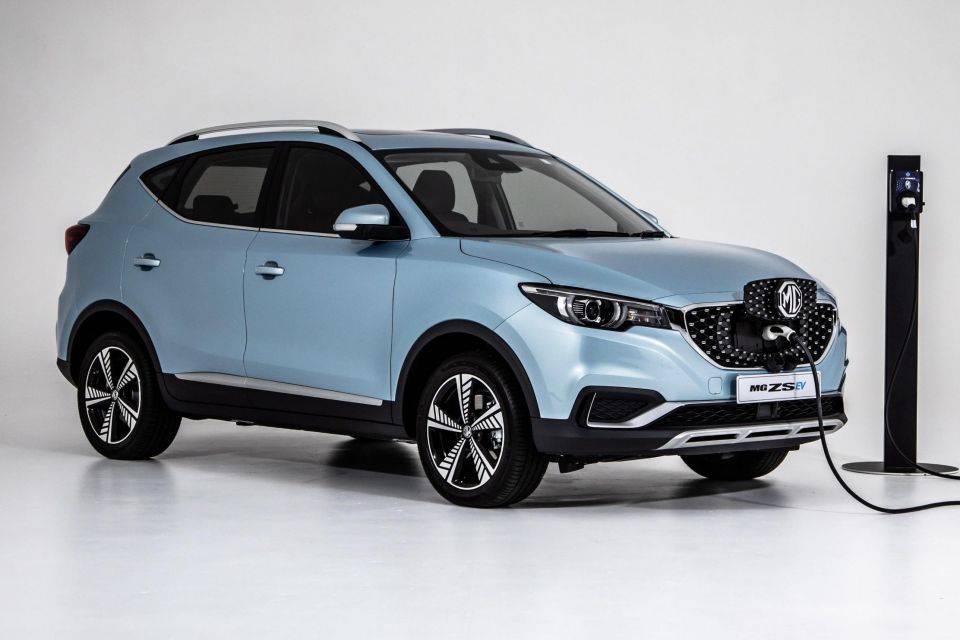
“But ultimately as the State transitions towards a higher concentration of zero and low emission vehicles, there will be a corresponding reduction in the number of motorists paying fuel excise which contributes to vital road funding to help maintain and improve the state’s road network.
“A road user charge is necessary to ensure that all vehicle owners, regardless of what car they drive, contribute to the upkeep of our roads into the future.”
Commenting on the proposal, the Federal Chamber of Automotive Industries – lobby group for Australia’s car brands – called it a “strong statement”.

The FCAI has its own voluntary CO2 targets, which it says helps firm up business cases to get EVs on sale here, but has called for more government help in this area.
“The approach of the Government… is consistent with actions being taken across the world to support the introduction of new vehicle technologies that reduce CO2 emissions and meet the mobility needs of a growing number of motorists,” said FCAI chief executive Tony Weber.
“The proposed customer subsidy of $3,000 for electric vehicles provides a positive signal to customers and car companies that this emerging technology is a key part of our transportation future.
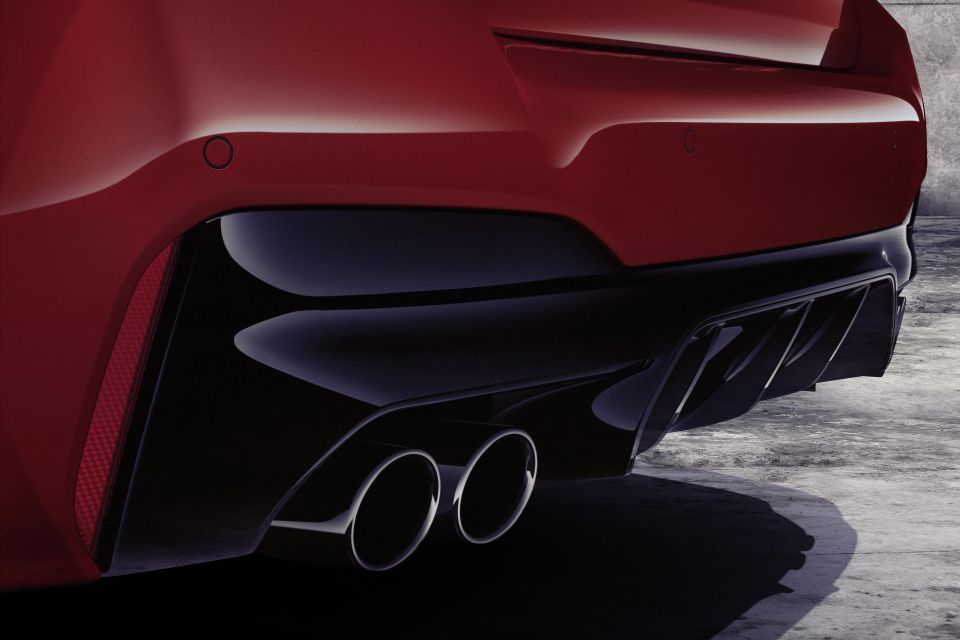
“The FCAI is a strong advocate for the reform of outdated, inefficient and burdensome taxes and charges to be replaced with one efficient road user charge that can apply to any type of vehicle.
“The proposed user charge for electric vehicles is consistent with the charge proposed in other States which provides a platform for national consistency in the absence of a Federally-led approach.”
As detailed at length here, sales of electric and plug-in hybrid vehicles surged in Australia over the first half of 2021. Their combined market share about doubled compared with last year’s tally.
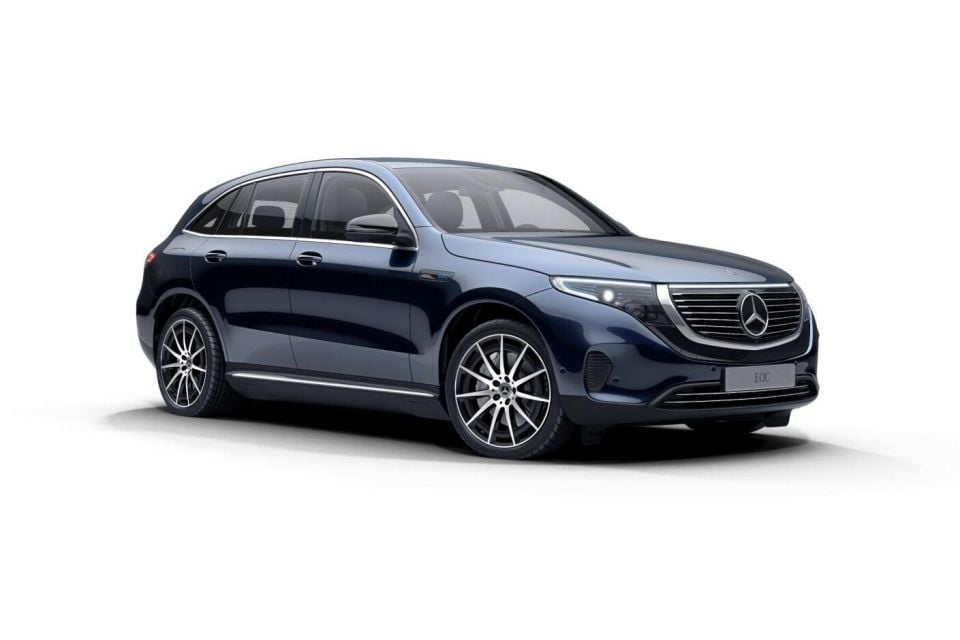
7248 electric vehicles (EV) were sold in Australia between January and June, according to the latest Electric Vehicle Council market report, in addition to 1440 plug-in hybrids (PHEV).
This combined 8688 sales equalled 1.57 per cent market share, up from 0.78 per cent share in 2020. Strip out light commercials and it’s 2.0 per cent. More EVs were sold in the first half of 2021 than all of 2020.
In the past few weeks we’ve seen separate policy reports from Infrastructure Victoria and the Grattan Institute advising an end to sales of new petrol and diesel cars by 2035, which looks like the UK, Europe, the US and parts of Asia.
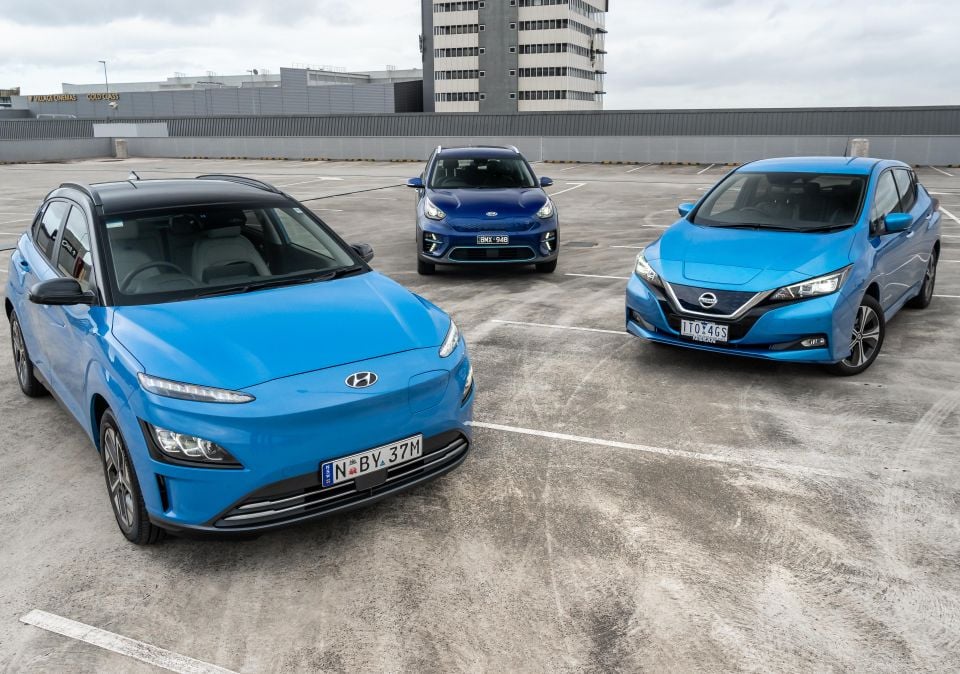
NSW
Victoria
Western Australia
South Australia
Tasmania
Northern Territory
Australian Capital Territory
For further reading relevant to this story check out a few of our other related stories below.
MORE: Electric car sales surging in Australia MORE: Australian electric vehicle calendar MORE: Australia’s top-selling plug-in hybrids MORE: NSW announces sweeping electric-vehicle stimulus package MORE: Victoria commits to electric car subsidies, 2030 sales target MORE: ACT moving public-servant fleet to EVs, will slash running costs MORE: Northern Territory commits to electric car incentives MORE: Australia-wide EV policy needed to avoid ‘chaos’, says FCAI MORE: How Australia’s federal opposition proposes to slash EV prices MORE: Australian industry keeps calling for new government CO2 targets MORE: Why a Tesla Model 3 is the best affordable electric car


Ben Zachariah
19 Minutes Ago
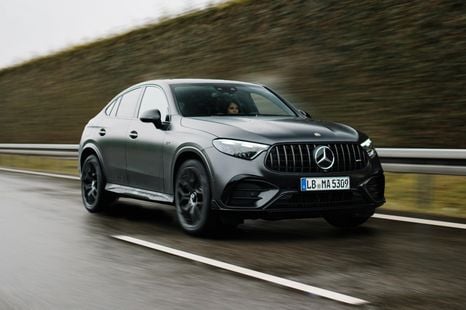

William Stopford
1 Hour Ago
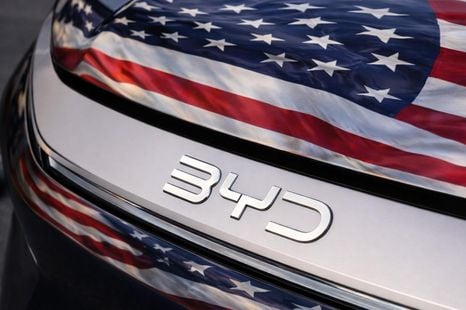

Damion Smy
4 Hours Ago
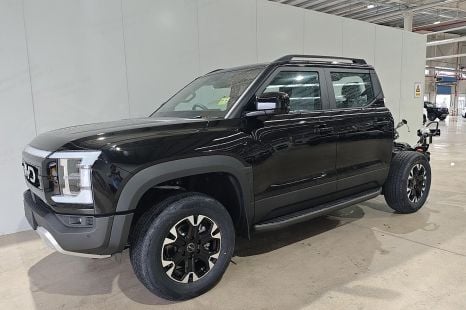

William Stopford
4 Hours Ago
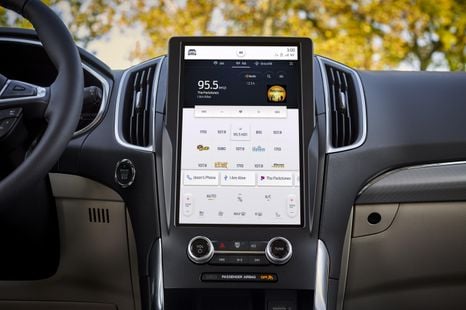

Damion Smy
5 Hours Ago
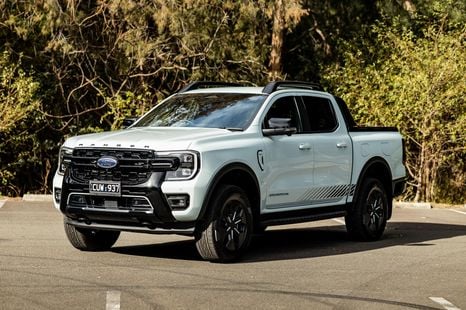

Damion Smy
6 Hours Ago
Add CarExpert as a Preferred Source on Google so your search results prioritise writing by actual experts, not AI.